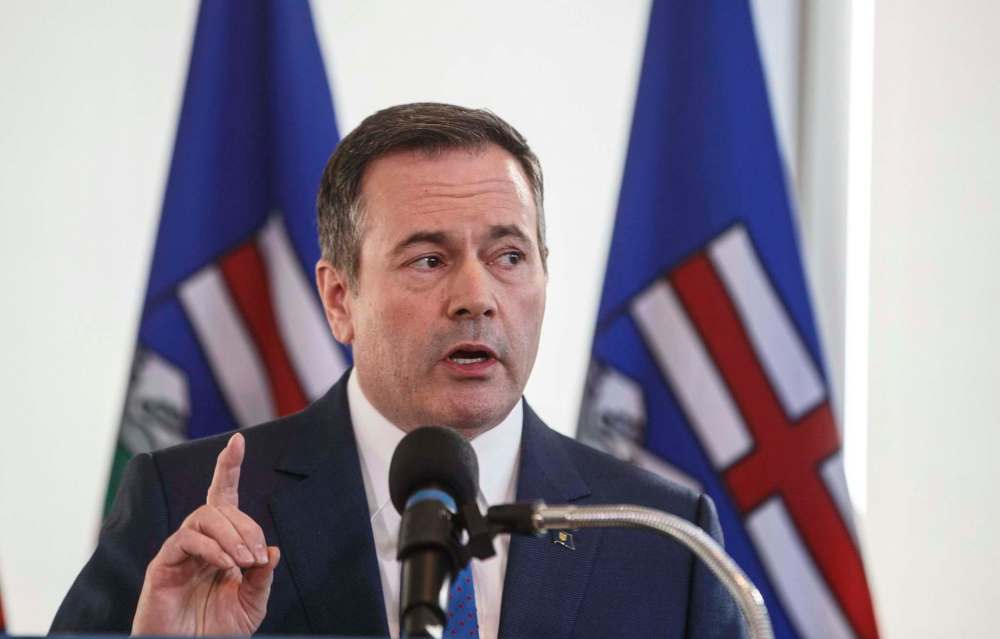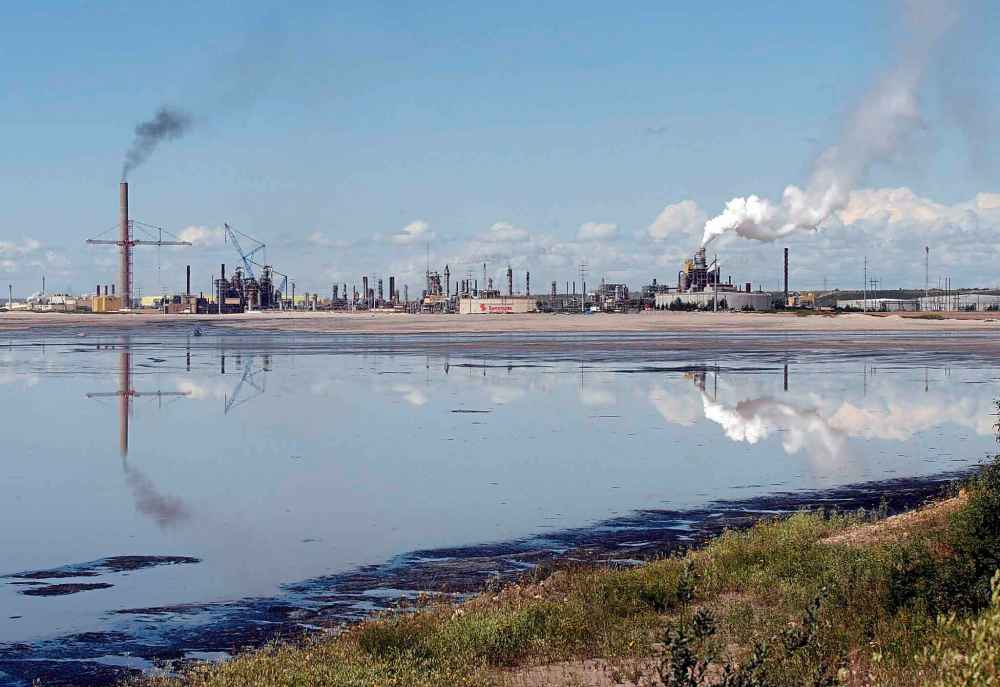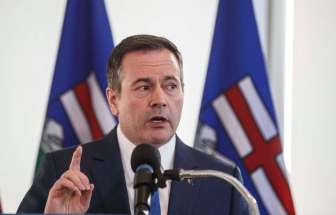Economic reality scuttled Teck project
Read this article for free:
or
Already have an account? Log in here »
To continue reading, please subscribe:
Monthly Digital Subscription
$0 for the first 4 weeks*
- Enjoy unlimited reading on winnipegfreepress.com
- Read the E-Edition, our digital replica newspaper
- Access News Break, our award-winning app
- Play interactive puzzles
*No charge for 4 weeks then price increases to the regular rate of $19.00 plus GST every four weeks. Offer available to new and qualified returning subscribers only. Cancel any time.
Monthly Digital Subscription
$4.75/week*
- Enjoy unlimited reading on winnipegfreepress.com
- Read the E-Edition, our digital replica newspaper
- Access News Break, our award-winning app
- Play interactive puzzles
*Billed as $19 plus GST every four weeks. Cancel any time.
To continue reading, please subscribe:
Add Free Press access to your Brandon Sun subscription for only an additional
$1 for the first 4 weeks*
*Your next subscription payment will increase by $1.00 and you will be charged $16.99 plus GST for four weeks. After four weeks, your payment will increase to $23.99 plus GST every four weeks.
Read unlimited articles for free today:
or
Already have an account? Log in here »
Hey there, time traveller!
This article was published 27/02/2020 (2118 days ago), so information in it may no longer be current.
If Canadian politics needed a Rorschach test, Teck Resources Ltd. skilfully provided one this week.
In a brief letter to federal Minister of Environment and Climate Change Jonathan Wilkinson, Teck CEO Don Lindsay explained the company was withdrawing its proposal for the $20.6-billion Frontier oilsands project in Alberta. His choice of words provided ammunition to leaders of all political stripes:
“[I]nvestors and customers are increasingly looking for jurisdictions to have a framework in place that reconciles resource development and climate change, in order to produce the cleanest possible products. This does not yet exist here today and, unfortunately, the growing debate around this issue has placed Frontier and our company squarely at the nexus of much broader issues that need to be resolved.”

The project was expected to create up to 7,000 construction jobs as well as 2,500 operating jobs, and would have meant roughly $12 billion in federal income and capital taxes. Over its 40 years of operation, it would have generated four million tonnes of greenhouse gas emissions annually.
Ottawa aims to reduce Canada’s GHG emissions by 30 per cent below 2005 levels by 2030 and to achieve net-zero emissions by 2050. It’s hard to square that with approving the Frontier project, and Prime Minister Justin Trudeau’s caucus was divided over it. That decision, now mooted, was to come before the end of February.
Alberta Premier Jason Kenney, whose government is fighting Ottawa in court over carbon pricing, linked the Teck decision to the feds’ inaction over current nationwide protests in solidarity with Wet’suwet’en hereditary chiefs opposing a pipeline on their territory in British Columbia. Federal Conservative Leader Andrew Scheer struck the same tone, placing the blame for the Frontier cancellation on Mr. Trudeau.
It’s much more likely, however, that purely a business consideration — the price of oil — was the overriding factor in Teck’s decision.
Oilsands projects such as this are profitable only when the price of crude is US$75 a barrel. In 2011, when the Frontier project was initially proposed, the average price was US$94.88 a barrel; the price remained above US$93 for the next three years.
Since the end of 2014, however, the price of oil has averaged around US$50 per barrel, with rare spikes into US$70 territory. Teck had to assess the project’s profitability over the next 40 years, as the world desperately looks for ways to transition away from fossil fuels in the hope of arresting global climate change. Considering the time Teck spent in consultations and developing the Frontier project, the $1.13-billion cost of walking away must seem the most prudent choice.

Despite attempts by Mr. Kenney and Mr. Scheer to blame recent protests and the Trudeau government’s response to them, there is another telling line in Mr. Lindsay’s letter: “Since the original application in 2011 we have, as others in the industry have done, continued to optimize the project to further confirm it is commercially viable.”
As the price of oil falls, so does the viability of any oilsands project. And those long-term trends are not attributable to recent protests.
While the loss of potential jobs is a blow to Alberta, the additional GHG emissions would have made Canada’s climate-change targets even harder to meet. At least the Teck CEO’s deftly worded letter has engaged Canadians in a spirited debate over the benefits of increasing emissions for a highly uncertain financial return.
Teck has made a business decision. Seeking to spin it for political gain benefits no one.









